Through my eyes: stop assuming you know who I am
The experience of an Asian Muslim woman at RV
March 24, 2021
One of the goals of the Holly Spirit is to tell the stories of students in different ways. “Through my eyes” is a regular Opinions column in which members of the Holly Spirit give readers a glimpse into their lives and perspectives.
I was in third grade when my classmates and I learned about the tragedy that was 9/11. My teacher showed our class BrainPOP’s “September 11th” movie and afterward explained that she had lost someone, maybe more, on that day. I left school feeling culpable, and I carried the feeling into my fathers’ Suzuki. While he was driving, I looked at him and asked “Why are some Muslims bad?” He paused. He looked back and said “There is evil in this world. Evil comes in all shapes and sizes: sex, religion, ethnicity. There are evil Christians, evil Muslims, but what difference does it make when they are both evil? It is up to you to be the best person you can be regardless of your background.”
My father’s words are words you do not hear often, but ring true for generations to come. His words helped me persist in difficult situations. However, the issue that many Americans face is misunderstanding the difference between religion and ethnicity.
Religion and ethnicity can co-exist but are not one or the same. Religion is the belief in and worship of superhuman controlling power, especially a personal God or gods. Ethnicity is the state of belonging to a social group that has a common national or cultural tradition. For example, a Muslim woman’s ethnic background can be Hispanic and vice versa. A topic I have been asked time and again is “What ethnicity are you?” and that is the tip of the iceberg.
I am Asian, but most do not believe me when I say it. Why? It is because I do not look Asian. I look Native American. I look Hispanic. I look Pacific Islander. This is all because I do not fit society’s standards of Asian. Society also tells me that I have to be Indian if I am from South Asia because that is the only South Asian country that exists in the minds of many. The irony is that some parts of society separate India and Asia on questionnaires that ask “What ethnicity are you?” as though Indians do not have the right to say that they are Asian. My family is from Bangladesh and I am a Bengali woman. What does that make me? Indian or Asian?
When I was younger, my teachers would assume what ethnicity I was and ask “Are you Turkish?” “Are you Indian?” The dreadful part was that I would lie about it sometimes and agree with them because I was worried that I would disappoint them. I was honest with my classmates, but their reactions were worse.
Whenever someone brought up India, everyone in the class would turn to me. In sixth grade, the class discussed henna and a girl said “Janjabill would know, she’s Indian” as though I was not there. Another time a boy asked what ethnicity I was and I replied “Asian,” and he started to make racist remarks associated with East Asians. The worst experience was when I was looking out the window of a car, and some boy shouted “What are you looking at, Mexican!”
If you want to know what ethnicity I am, ask me, but do not assume. Children are impressionable and we should not encourage this behavior, because this is the environment that I, as a person of color, experienced when growing up.
If you want to know what ethnicity I am, ask me, but do not assume.
I received fewer questions about being Muslim, but received and heard more racist comments. I do not fit the standard of a traditional Muslim woman and understand where these comments stem from. I do not wear a hijab because my family believes it is a woman’s choice whether or not she wants to wear a hijab. For my system of beliefs, it’s not required.
A pattern I have noticed about these racist comments is that they are often made by males. In middle school, I was told jokes about 9/11. I recall one as, “What type of pizza did the twin towers order? A plane pizza.” In response to that comment, I told the boy that it was racist and offensive, but he disagreed because the joke was not towards me. I seriously questioned whether or not I was in the right and if it was racist. I told my brother what happened and he said it was.
Nowadays, in RV’s halls, I hear male students recite words from the Quran as though they have no meaning. “Allahu Akbar” is the most common phrase used meaning, “God is the greatest.” Saying it with the wrong intention is disrespectful, and saying it because you know someone is Muslim is racist. These are holy words Muslims recite when they pray. Unless you have respect for Islam, do not repeat it.
Recently, RV made breakthroughs with the establishment of different extracurricular activities and spaces for different groups to celebrate their identities and explore different experiences. Despite these leaps, I continued to feel ostracized in some of my classes. In one of my history classes, my classmates and I were asked to assume what type of Asian some students were, and in other classes we were asked to assume the different races of members in the class. I found the activity disrespectful, and there are better ways to encourage learning about different cultural practices and beliefs. While some of my classmates had no problem with it, some of us were uncomfortable and refused to participate in the activity.
It never hurts for there to be after-school activities or events that teach students about different cultures. Even an elective is not a bad idea. There is a whole rainbow of skin tones, ethnicities and beliefs out there, beyond just black and white. Those students deserve some time and empathy too.
Stop teaching children to assume things about people’s identities, and instead teach them to ask and listen. The sooner we put an end to the behavior of assuming, the closer we are as people to be open-minded about those around us.

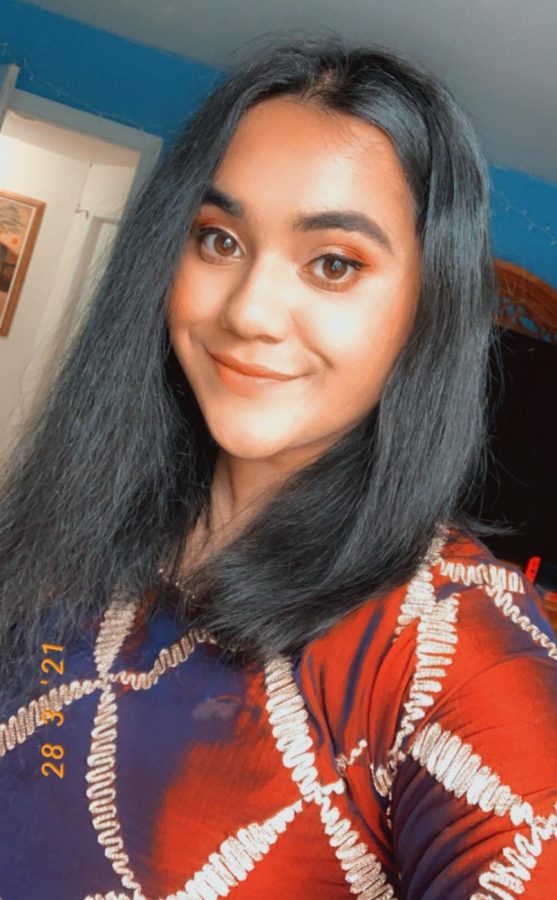
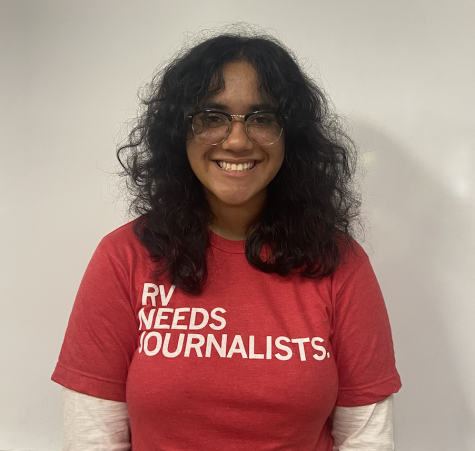
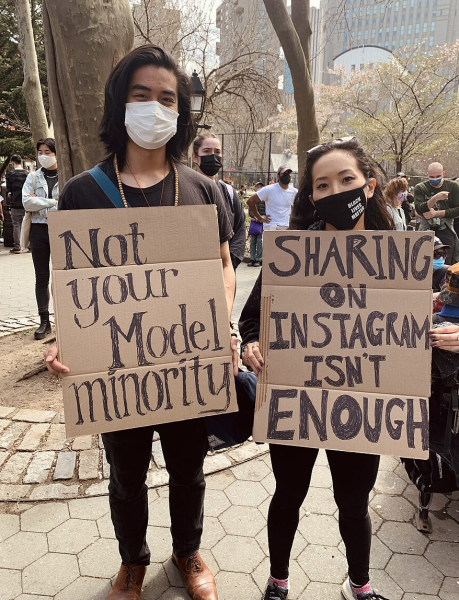



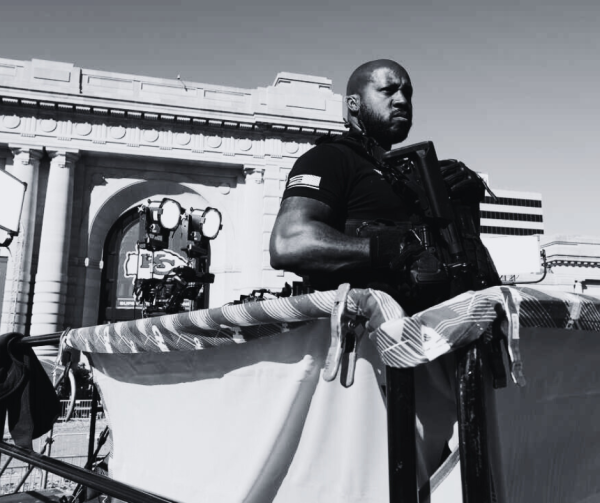
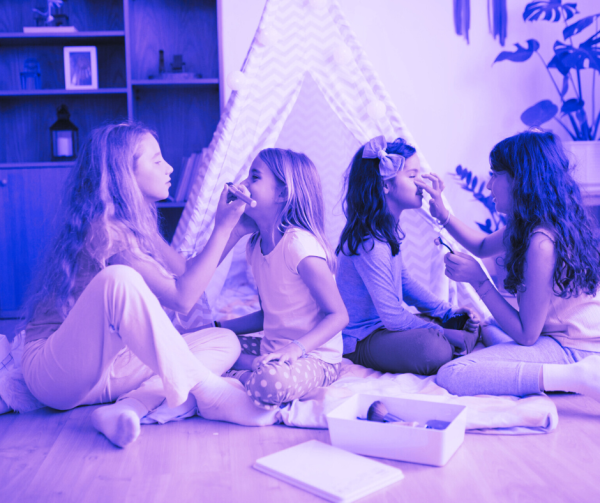
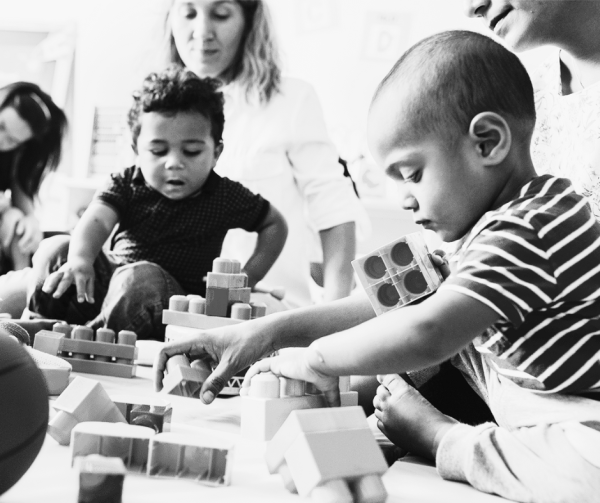
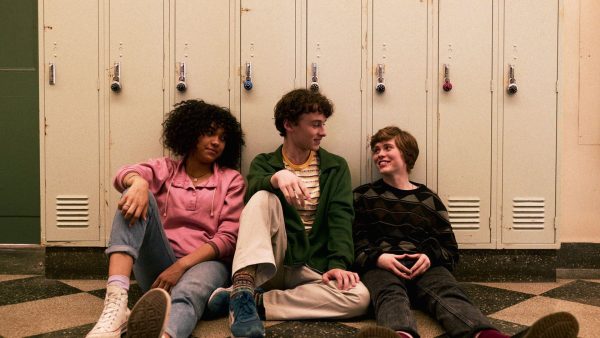
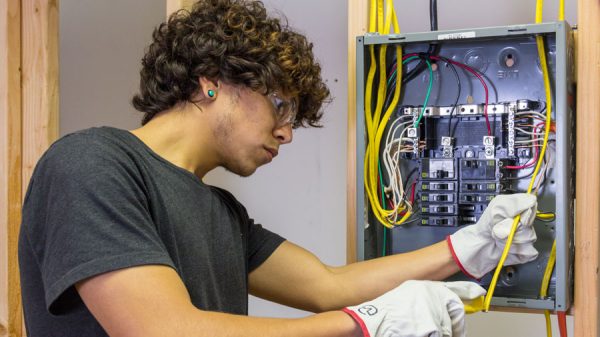
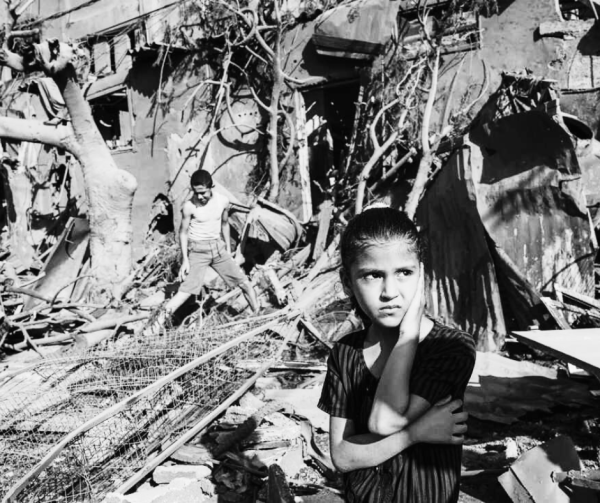
Alex Pratt • Mar 25, 2021 at 9:33 pm
Solid Article I got to admit. Asia is the biggest continent in the world meaning there are many different races for people to identify is that continent alone. Assuming someone is Asian in an ignorant manor is not right in today’s multi-colored society.
Mya Collins • Mar 25, 2021 at 6:13 pm
Janji I’m speechless. This is amazing. You brought to light so many important issues that need to be talked about not only at RV but in the world. I literally have chills!
Roger Budd • Mar 25, 2021 at 5:46 pm
Thank you for sharing your personal experiences. Keep up your good work.
Glynnis Rose Bastas • Mar 25, 2021 at 12:30 pm
Janji!! Phenomenal job on this article. You are really giving insight into negative stereotypes and how to stop them from spreading!!! Fantastic work!!!! 🙂
Nia Plair • Mar 24, 2021 at 9:52 pm
Janji!! This is amazing!! Thank you so much for this wonderful perspective, I hope the people who need to read this read it and the people who don’t, share it. You brought up so many important topics! You shouldn’t have had to experience that and the message of asking instead of assuming is so so essential to erasing uncomfortably for anyone who doesn’t matches society’s stereotype for their race. Great job!